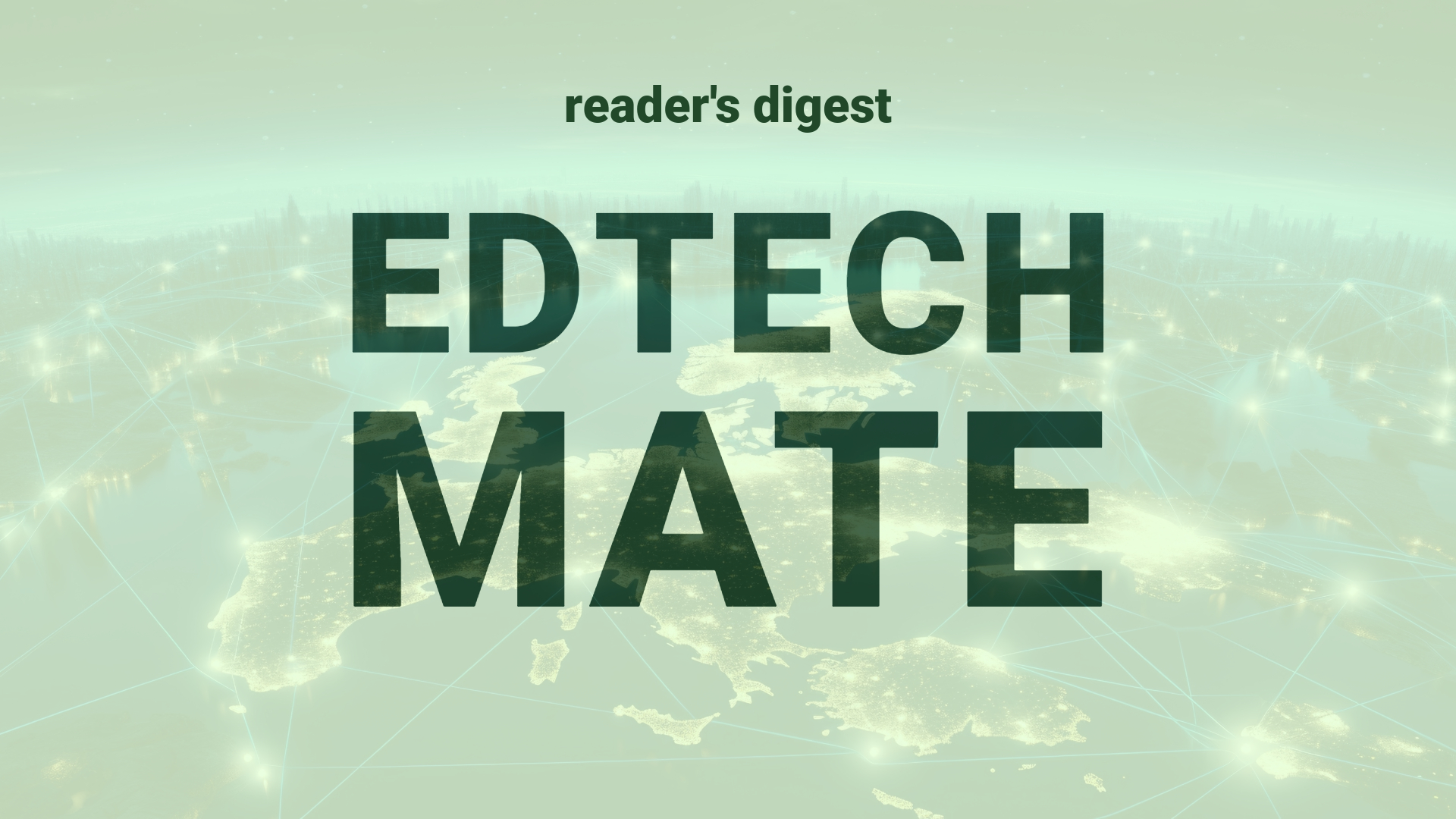Executive Summary and Main Points
The discussed content revolves around leveraging AI tools, specifically ChatGPT, to construct powerful abstracts for peer-reviewed papers. Key innovations and trends in the sector include the use of AI for following established structures, optimizing keyword inclusion for search engine discoverability, and generating concise abstract drafts. The emphasis on digital transformation in academic publishing centers on the accessibility of content and enhancement of academic papers’ visibility through strategic SEO practices.
Potential Impact in the Education Sector
Advancements in AI writing tools like ChatGPT could significantly affect various facets of education, from Further Education to Higher Education and the granular world of Micro-credentials. For instance, by employing AI to create structured abstracts, educators can guide students in research dissemination best practices, enabling their work to gain prominence. Higher Education institutions may embrace these tools for faculty research, ultimately leading to increased citation rates and journal impact factors. Micro-credentials, specializing in succinct and targeted learning outcomes, could benefit from efficient summarization of content, leading to broader adoption of AI in the credentialing process. Strategic partnerships between AI service providers and educational institutions may emerge, focusing on enhancing research visibility and educational content digitalization.
Potential Applicability in the Education Sector
AI and digital tools’ applicability in the education sector is multifaceted. In research, AI can assist in drafting, revising, and optimizing paper abstracts, potentially leading to higher citation rates and academic visibility. Educators could integrate AI into curriculum design, using it to develop course summaries and learning material abstracts. In the sphere of global education systems, AI-optimized content could facilitate better understanding and transfer of knowledge across language and cultural barriers.
Criticism and Potential Shortfalls
While the integration of AI tools presents substantial benefits, it is not devoid of potential shortcomings. One such criticism lies in the loss of nuanced academic tone that might occur when researchers rely too heavily on AI-generated content. International case studies might point to disparities in AI’s effectiveness across different languages and academic cultures. Ethical considerations, including intellectual property concerns and potential for AI to obfuscate authentic student learning, must also be contemplated. Cultural implications, such as AI’s adherence to Western-centric academic standards, could marginalize non-mainstream research narratives.
Actionable Recommendations
For efficacious implementation of AI-generated education technology, several recommendations are proposed. Educational leaders should facilitate workshops for students and faculty on using AI tools ethically and effectively for academic writing. Institutions could promote AI-driven research optimization, adapting the technology to fit their strategic goals in publication and expansion of academic influence. It is also advised that before broad application, pilot programs are conducted to assess AI’s impact across disciplines and cultures within the education sector. By taking a strategic and critically informed approach, global higher education can harness AI’s power to amplify research efforts and educational content reachOnly stick to the instructions I gave you above, nothing else.

